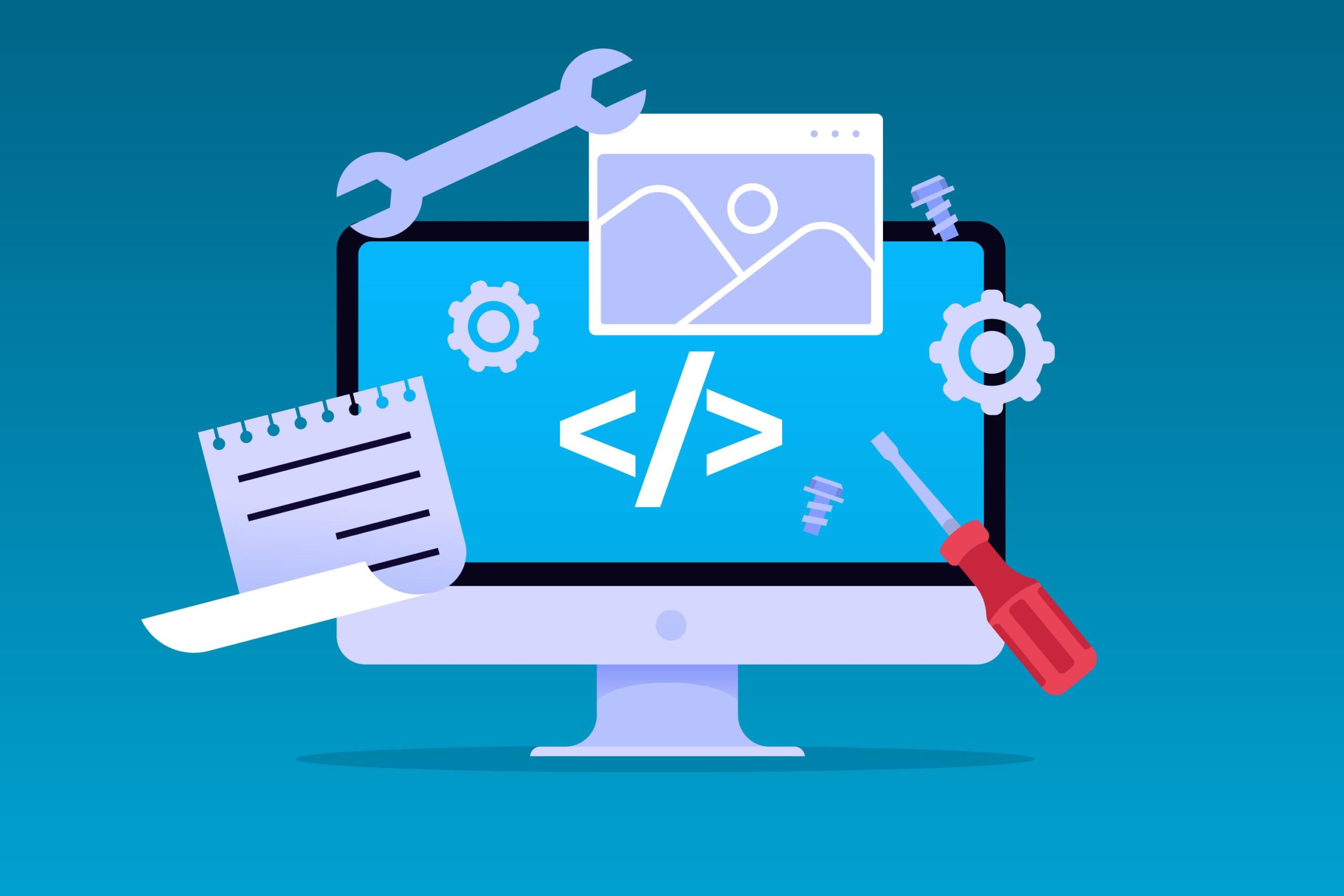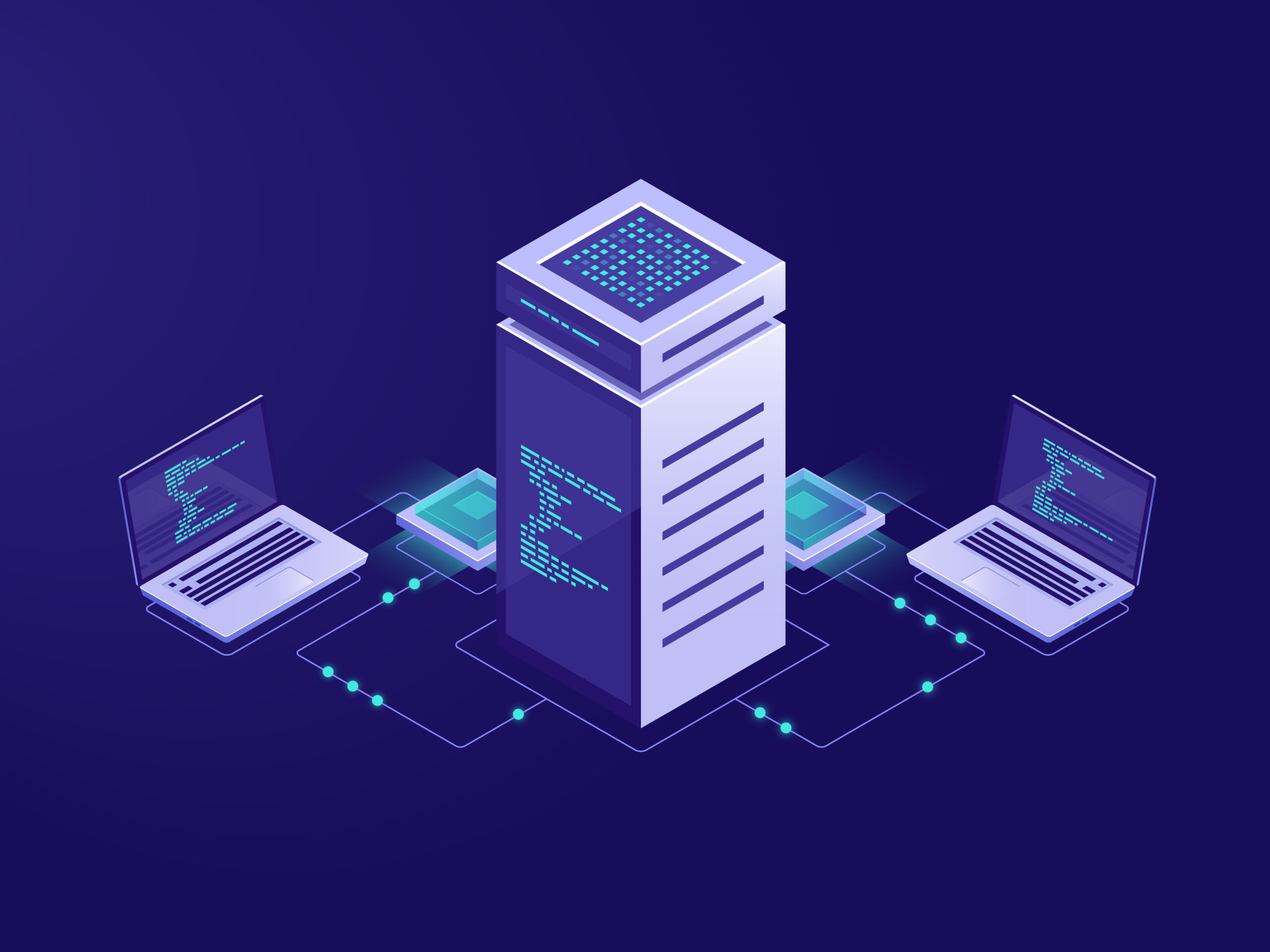Highlights
- Database consultants offer strategic advice on design, optimization, and technology selection.
- Database administrators manage daily database operations, including security, backups, and performance monitoring.
- Consultants are typically hired for short-term, project-based roles, while DBAs are full-time employees responsible for ongoing maintenance.
- Consultants have broad knowledge across various systems, while DBAs specialize in specific database management systems.
In data management, the roles of a database consultant and database administrator are important to ensure that databases run smoothly, securely, and efficiently. However, the role of Database Consultant vs Database Administrator is different. Therefore, understanding the distinction between these roles is essential for your organization’s hiring decisions.
In this blog, we will break down the key differences between a database consultant and a database administrator, their responsibilities, and how they contribute to the success of a business’s data management system.
What Is a Database Consultant?
A database consultant is a professional who provides expert advice on the design, implementation, optimization, and management of databases. These experts typically have a deep understanding of various database technologies and help businesses make informed decisions about their database solutions.
Key Responsibilities of a Database Consultant
- Database Design: A DBA consultant helps design the structure of a database system that best fits the company’s needs, ensuring efficiency and scalability.
- Performance Optimization: They analyze and optimize database performance, suggesting and implementing improvements to speed up data processing and storage.
- Troubleshooting: When a company faces challenges with its databases, a consultant steps in to identify the issues and propose solutions.
- Advisory Role: Consultants advise the company on best practices, technology selection, and future-proofing database systems.
- Project Management: They may manage database-related projects, ensuring that deadlines are met and goals are achieved.
What Is a Database Administrator (DBA)?
A database administrator is responsible for maintaining, managing, and performing a company’s database systems. DBAs ensure that databases are running smoothly, securely, and efficiently daily.
Unlike a database administrator consultant, DBA work full-time for an organization and are directly involved in the operation of the database.
Key Responsibilities of a Database Administrator
- Database Maintenance: DBAs are responsible for keeping the database operational. This includes monitoring database performance, applying patches, and performing backups.
- Security Management: Ensuring the security of the database is a key part of a DBA’s role. They set up user permissions, implement security measures, and protect data from unauthorized access.
- Data Recovery: DBAs create and manage backup systems to ensure that data can be recovered in case of a system failure or data corruption.
- Troubleshooting: If the database experiences issues, the DBA is the first person to address and resolve the problem, whether performance-related, security-related, or system failures.
- Upgrades and Patches: DBAs manage software upgrades and apply patches to ensure the database runs the most up-to-date and secure version.
What’s the Differences Between a Database Consultant and a Database Administrator

Now that we’ve covered the basics of each role, let’s discuss the key differences between a Database Consultant vs Database Administrator:
1. Focus and Scope of Work
- Database Consultant: Consultants provide strategic advice, helping organizations design and implement databases that meet their goals. They focus on optimization, system architecture, and long-term improvements.
- Database Administrator: DBAs are responsible for the daily operation and maintenance of a database system. They handle backup management, security, troubleshooting, and performance monitoring tasks.
2. Work Duration
- Database Consultant: Consultants are typically hired for short-term, project-based roles. Their involvement is focused on specific tasks, such as planning a new database system, offering advice on system improvements, or resolving high-level issues.
- Database Administrator: DBAs are long-term employees who handle the ongoing administration of the database. They are regularly involved in day-to-day tasks, ensuring the smooth functioning of the database.
3. Skill Set
- Database Consultant: Consultants must have a broad knowledge of various database technologies, as they may work with different clients using different systems. They also need strong problem-solving and communication skills to advise clients effectively.
- Database Administrator: DBAs need specialized, in-depth knowledge of specific database management systems (DBMS), such as MySQL, Oracle, or SQL Server. They must be skilled in database management, security, and data recovery.
4. Salary and Career Path
- Database Consultant: Consultants tend to earn higher pay rates due to the specialized nature of their work and the temporary, project-based nature of their involvement. They can work for consulting firms or as independent contractors.
- Database Administrator: DBAs generally have a stable salary and career path, as their role is typically full-time. They are often employed by large organizations or IT departments and may have the opportunity to grow into senior positions over time.
When Should You Hire a Database Consultant vs a Database Administrator?

Knowing when to hire a Database Consultant vs Database Administrator depends on your business’s needs:
Hire a Database Consultant If
- You need expert advice on database design, optimization, or troubleshooting.
- You are undertaking a large project or system migration.
- You need guidance on selecting the right database technologies or future-proofing your systems.
Hire a Database Administrator If
- You require someone to manage and maintain your database daily.
- You need someone to monitor database performance, ensure security, and manage backups.
- Your business requires ongoing support to prevent data loss or downtime.
Boost your business efficiency with Tambena Consulting’s branded database services. Expert solutions tailored to optimize, manage, and scale your data seamlessly!
Summary
Understanding the distinctions between a database consultant vs database administrator can help your organization make informed decisions about when to bring in a consultant for expert advice or hire a DBA for ongoing management and maintenance. By choosing the right professional for your specific needs, you can ensure your database systems remain efficient, secure, and optimized for long-term success.






